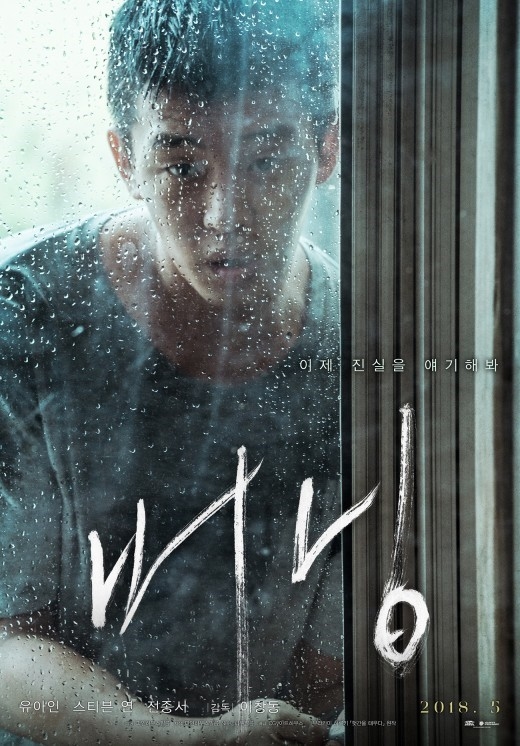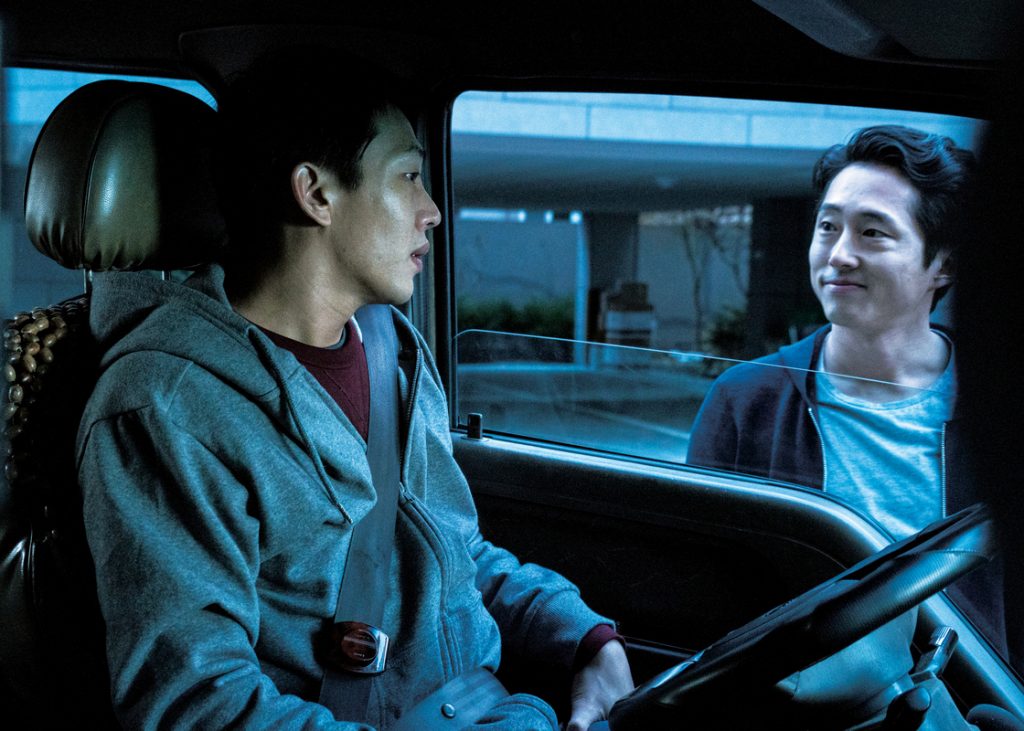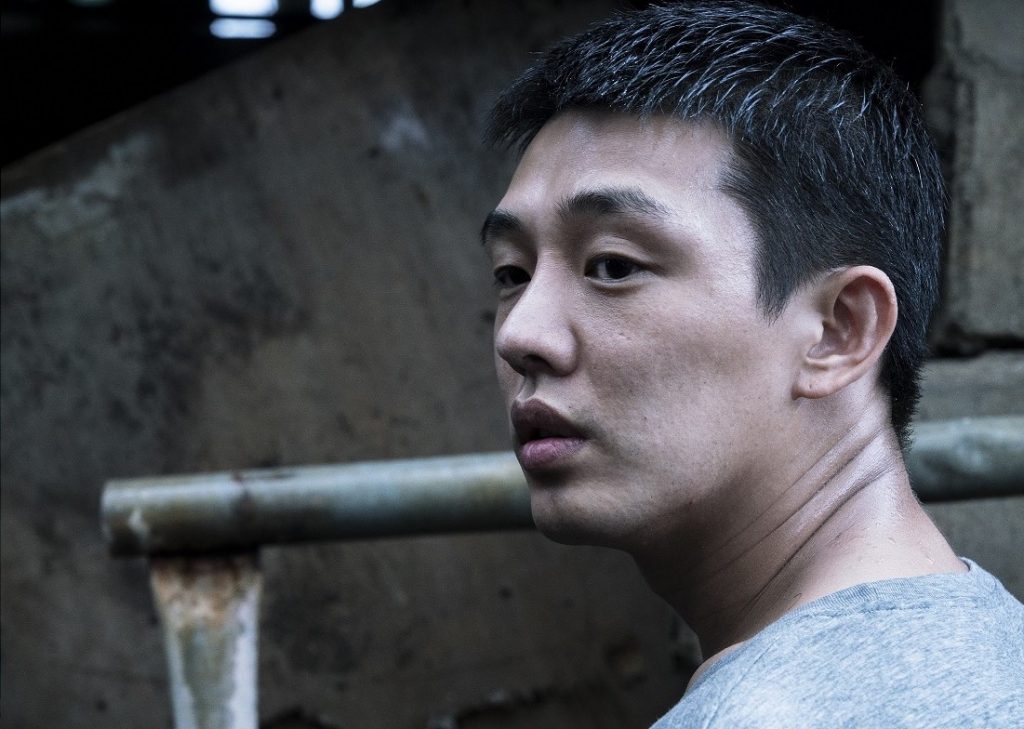Watching Together While Apart
Alone/Together in the Dark
For purposes of simplicity, my list 30 great movies of the past decade is presented alphabetically. Obviously, the films reflect my taste as I look back and revisit them from a distance–with more critical eyes. As such, my choices are inevitably singular and biased. No need to agree with my filmic hierarchy, but as a critic it’s my duty and privilege to expose readers to films they might not have seen upon initial release, or wish to revisit from a different viewpoint, and with the perspective of time.
All the films are available on DVD and/or via streaming.
30. A Separation (Iran, 2011) See our review
29. Amour (France, 2012) See our review
28. Beasts of the Southern Wild (U.S. Indie, 2012). See our review.
27. Boyhood (U.S. Indie, Richard Linklater, 2014)
26. Burning (South Korea, 2018)
25. Call My By Your Name (2017)
South Korean filmmaker Lee Chang-dong’s Burning is an emotionally haunting, visually stunning romantic thriller that’s complex in structure and ambiguous in meaning.
The mystery drama was co-written, co-produced, and directed by Lee Chang-dong, based on the short story “Barn Burning” from the collection The Elephant Vanishes by Japanese author Haruki Murakami.
Lee’s first film in eight years, Burning premiered at the 2018 Cannes Film Festival, where it competed for the Palme d’Or. It received the FIPRESCI International Critics’ Prize at the festival.
The South Korean entry for Best Foreign Language Film at the 91st Oscars made the semi-final list of nine, but was not among the ultimately selected five nominees.

Slow-burning, and assuming the logic of a gripping nightmare, the film takes its time in building up all kinds of personal, sexual, and social tensions that define the strange triangle of figures at the center of the deliberately elusive narrative.
Premise:
Two rival men are vying for the time, attention and affection of a charming young woman (a femme fatale type). The men are a poor aspiring writer and a rich business guy whose sexual competition and jealousy are used by the director to reflect on broader factors, such as family background, social class, justice, and ultimately revenge.
Detailed Plot:
An aspiring young novelist, Lee Jong-su performs odd jobs in Paju. One day he runs into Shin Hae-mi, a childhood neighbor and classmate, at a promotion at which he is making a delivery. Jong-su initially does not remember her, but Hae-mi tells him she had plastic surgery. Jong-su then remembers and gives her a pink watch that he won at the promotion. Later, she tells him about her upcoming trip to Africa, and asks him to feed her cat, Boiler, while she is away.
Before Hae-mi’s departure, Jong-su’s father, a cattle farmer, gets tangled in some legal affairs, and Jong-su had to return to the farm. Jong-su passes by Hae-mi’s apartment, where he’s instructed about feeding the cat, and the two have sex.

After Hae-mi departs, Jong-su feeds her cat, although he never sees it. He does, however, know that a cat is there because he finds feces in the cat’s litter box. He also begins habitually masturbating in her apartment.
One day Hae-mi calls, saying she had become stranded at Nairobi Airport for three days after a bombing nearby. When Jong-su comes to pick her up, she arrives with Ben, an elegant looking man she had met and bonded with during the crisis. The three go out for dinner, where Hae-mi recalls a sunset she witnessed during her travels. Moved by the memory, she cries and confesses that she wanted to disappear.
Ben is well-off and confident, though it is never entirely clear what he does for a living. Jong-su, struggling to get by and taking care of his family farm while his father is in prison, envies Ben and his relationship with Hae-mi from afar.

Hanging out at Jong-su’s farm, Hae-mi recalls a childhood memory wherein he rescued her after she fell into a well near her home, an event he does not recall.
The trio smoke cannabis and Hae-mi suddenly bursts into a dance topless. After Hae-mi has fallen asleep on the sofa, Ben confesses a strange hobby, how every two months, he burns an abandoned greenhouse. He notes that Jong-su’s rural neighborhood is full of greenhouses. Asked when his next burning will be, Ben claims it will be very soon and close to Jong-su’s house.
Jong-su tells Ben that he loves Hae-mi, but later berates Hae-mi for disrobing in front of other men. Hae-mi gets into Ben’s car and as they leave, Jong-su tells Ben he will keep an eye on the greenhouses in his area.

Jong-su watches around the neighborhood to see if any greenhouses burn down, but none do. One afternoon, at a greenhouse he’s inspecting, he receives a call from Hae-mi, which cuts off after a few seconds of ambiguous noises.
Jong-su becomes worried as she does not answer his calls afterwards, and her number becomes disconnected. He convinces the landlady to let him into Hae-mi’s apartment in order to feed her cat. Hae-mi’s apartment seems unnaturally clean; her pink suitcase remains; and all signs of the cat are gone.
Jong-su begins stalking Ben, his apartment and his going and leaving. When he sees Ben’s Porsche parked outside a restaurant, he goes inside and confronts him. A young woman suddenly approaches the table, apologizing to Ben for being late. As the three of them leave the restaurant, Jong-su asks Ben if he has heard from Hae-mi. Ben has not heard from her, and he doubts she had gone on a trip because she could not afford it. Talking about Hae-mi in the past tense, Ben says Jong-su was the only man she trusted, a fact that made him jealous for the first time in his life.
Jong-su’s suspicions are increased, when on a visit to the toilet at Ben’s place, he finds a pink watch, similar to the one he had given Hae-mi, hidden in a drawer containing other women’s jewelry. Shortly afterwards, Ben’s cat runs out of the apartment and Jong-su finds that it answers to “Boil,” the name of Hae-mi’s cat.
Spoiler Alert: Last Scene
Jong-su asks to meet Ben in the countryside, claiming that he has brought the missing Hae-mi. He then stabs Ben, kills him and douses Ben’s car and body in gasoline, setting it aflame. The film’s last image depicts Jon-su stumbling naked to his truck (after burning his own bloody clothes) and driving off, leaving us wonder about the kind of future he’s going to face.
But depicting the tale in thematic or character terms does not begin to describe the dreamlike, almost surreal tone of a picture that’s meticulously crafted in every department. The director creates a particular sense of time, place, and mood.
Rich in subtext, Burning has the logic of a hypnotic and haunting nightmare, which, while lucid, is never explained in words, instead creating a sense of psychological unease, both for the tale’s trio of characters and for the viewers.
So much could be read into the issues of masculinity, fragile, insecure, dependent on reassurance from women, and since the central woman vanishes midway of the film, the two men are left to contemplate (and reassure?) their sense of manhood.
Burning could have easily turned into the story of the “missing woman,” focusing on the circumstances of her vanishing and the relentless search to find her, alive or dead. But the disappearance is not used as a plot device (familiar to us from numerous American film noirs), instead encouraging us to think about “the feminine mystique” and how it is perceived by two men of different walk of life.
A singular film in every respect, Burning gains its ultimate emotional power from the accumulation of details interspersed along the long, riveting, multi-nuanced journey.






